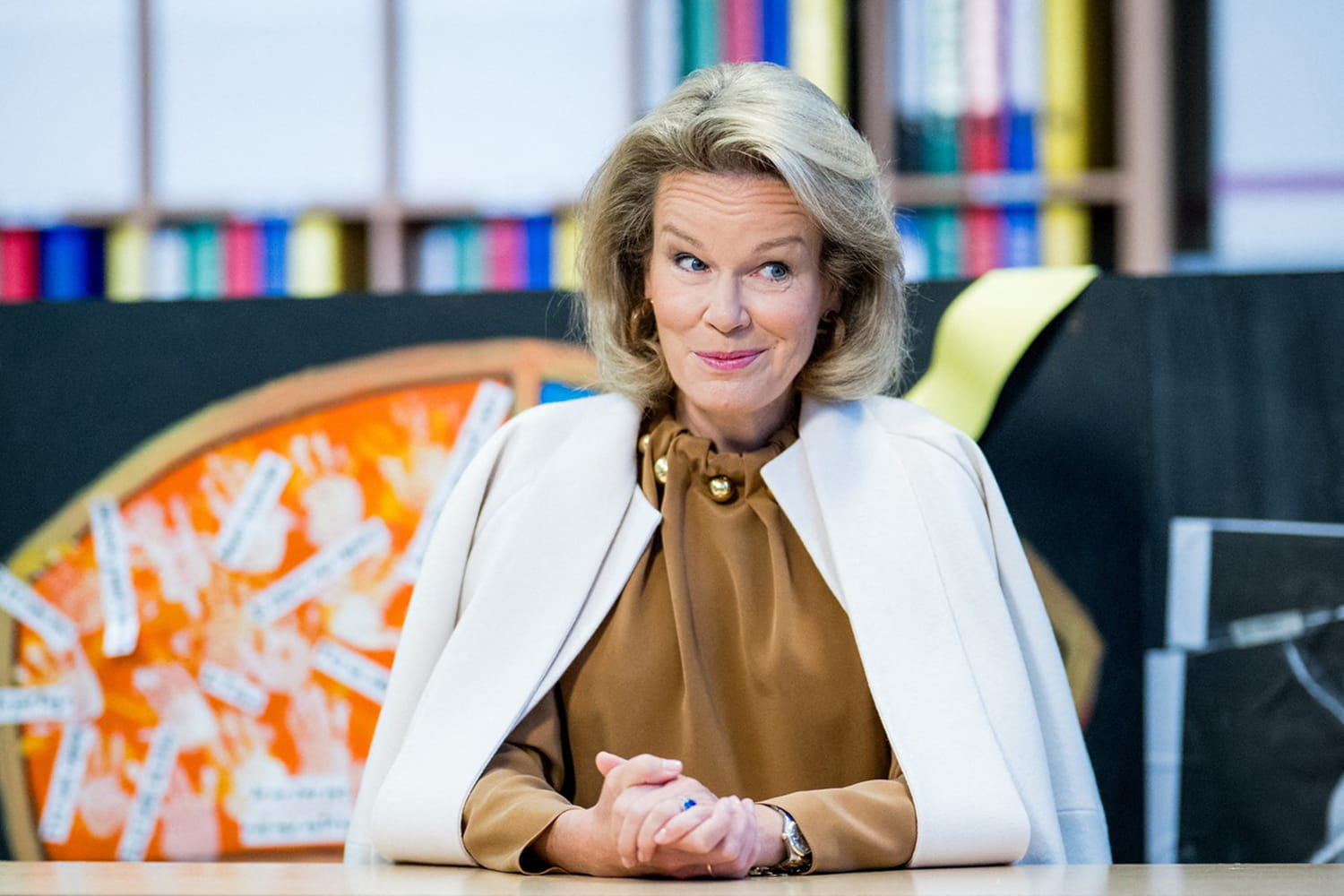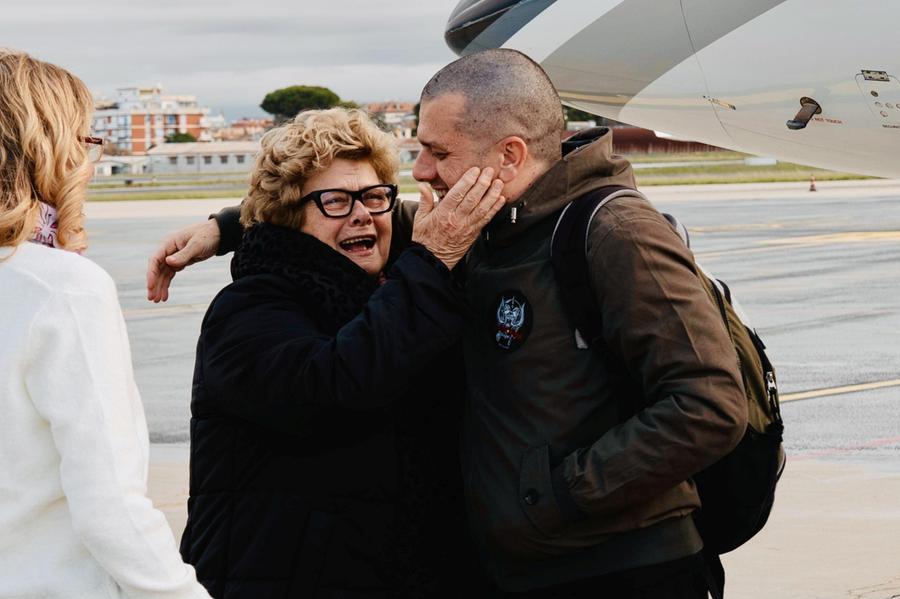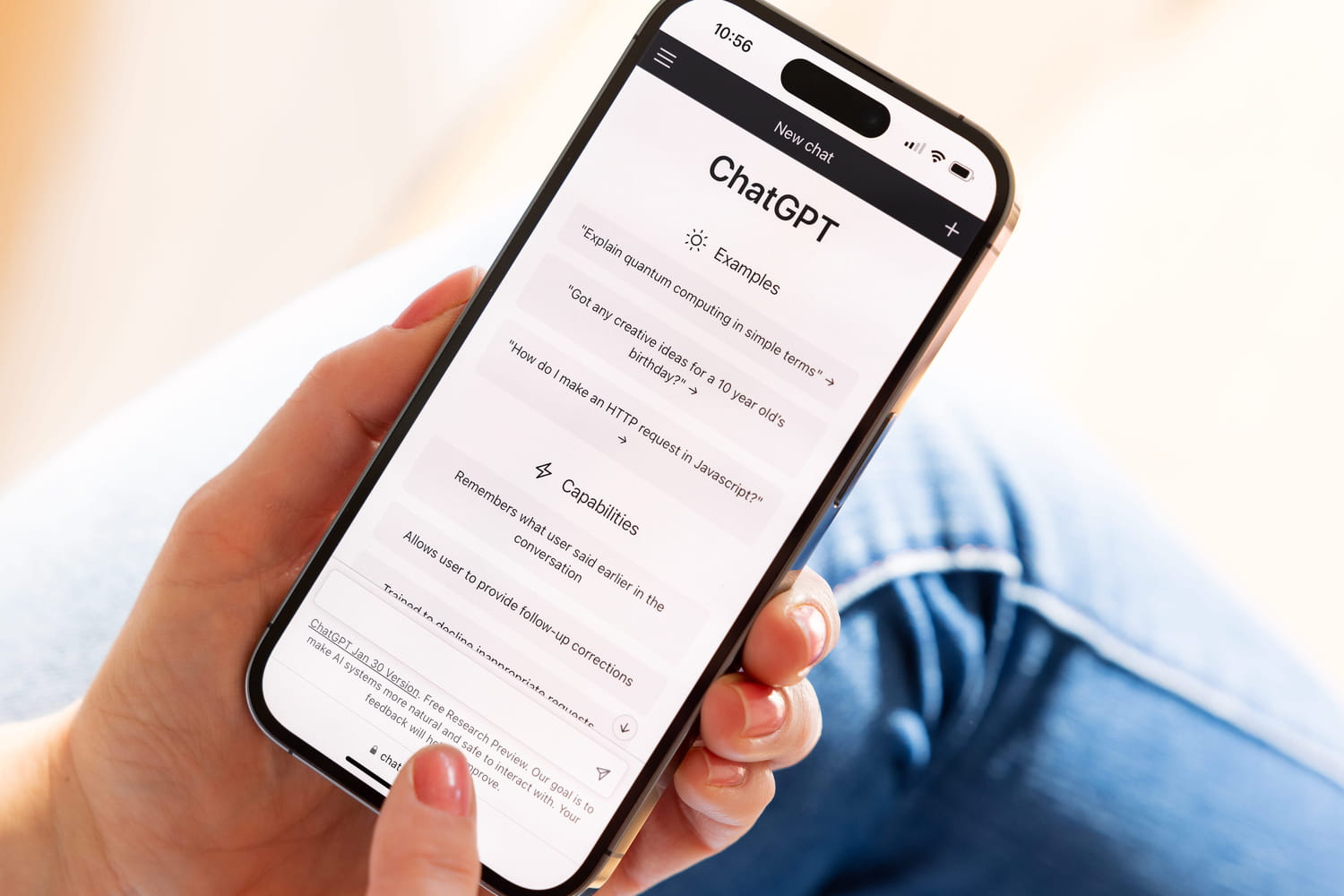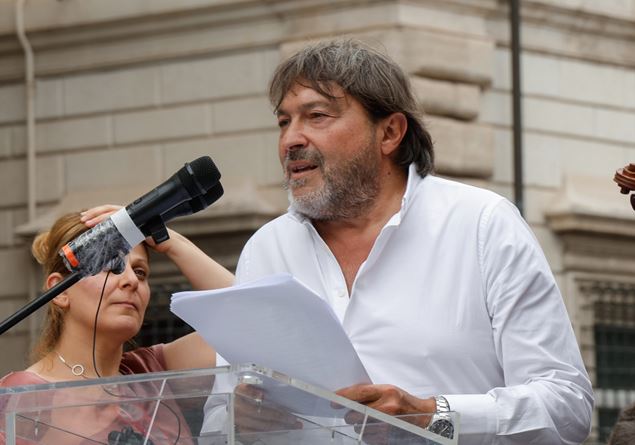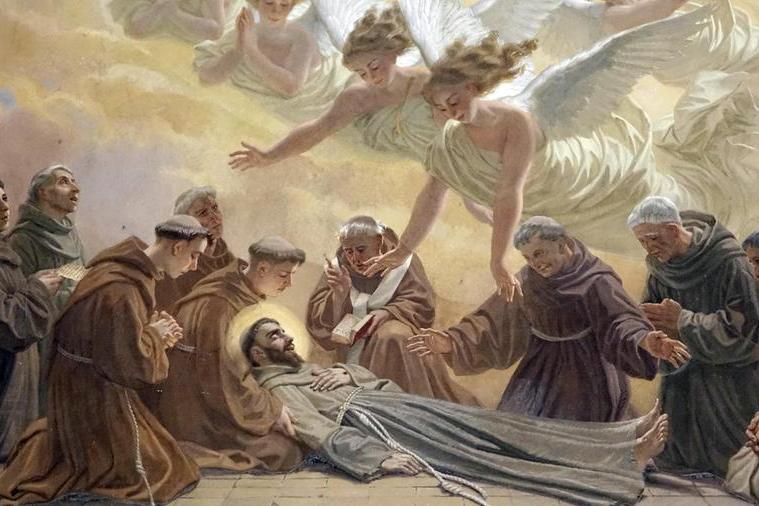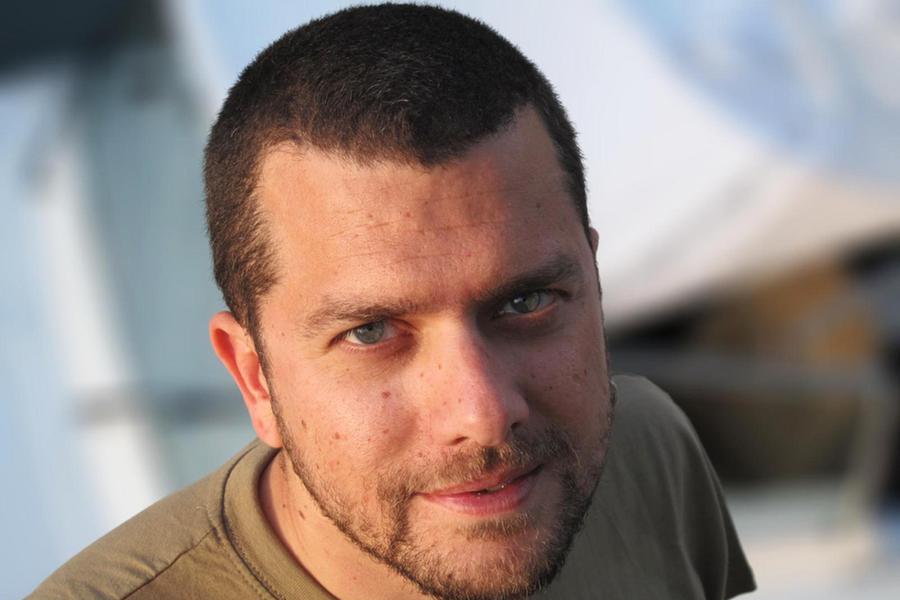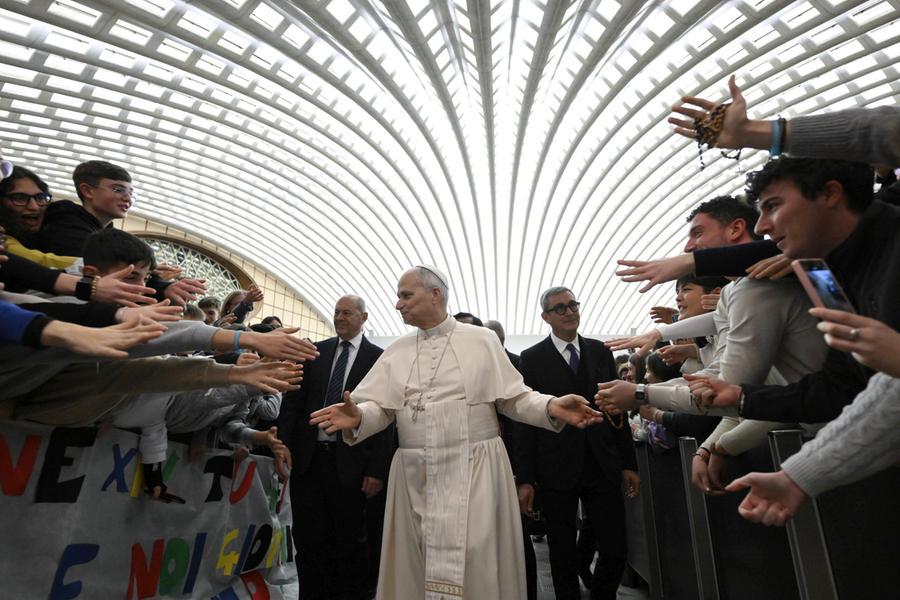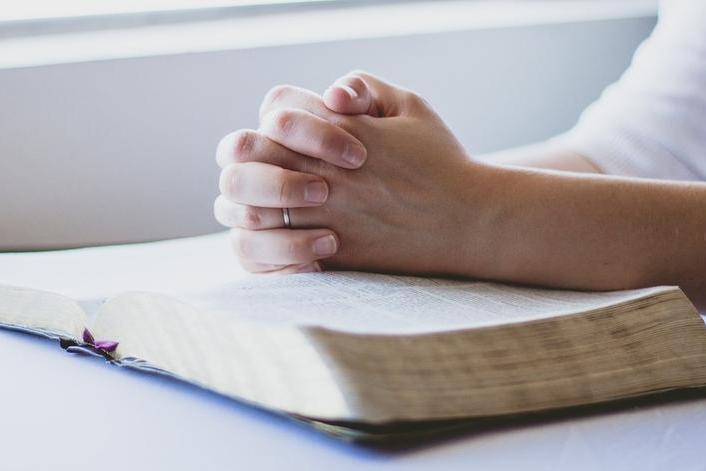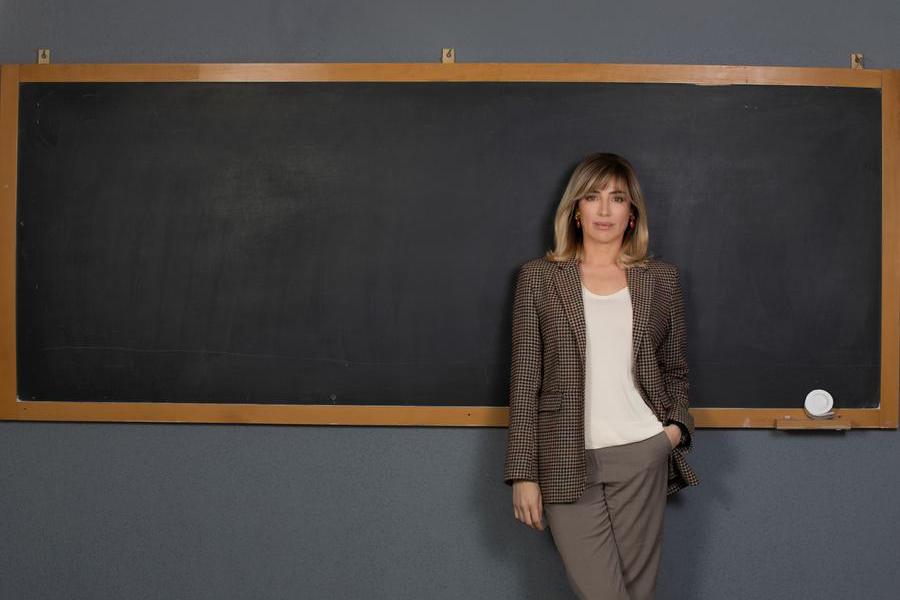Giorgio Fornoni. On the cover, Sigfrido Ranucci.
The car bomb planted outside Sigfrido Ranucci’s house, a few days after the return of Report on television, is not just an act of intimidation against a journalist: it is a disturbing signal for the whole country. When you attack those who investigate, you attack everyone’s right to know. As Walter Tobagi wrote, “freedom of the press is not a privilege of journalists, but a right of citizens”. And in a time when the truth seems to have become uncomfortable, the loneliness of those who tell the facts is heavier than ever. To reflect on the meaning – and price – of investigative journalism, we wanted to listen to Giorgio Fornoni, historic Report correspondent at the time of Milena Gabanelli. His investigations – from Africa to Latin America, from arms trafficking to forgotten wars – have chronicled the gray areas of the world, often at the risk of his own life. With him we talk not only about courage and fear, but also about faith in the truth, about freedom of the press, and about that inner drive that pushes a reporter to never look the other way. In a time when journalism risks being confused with noise, Fornoni reminds us that seeking the truth, as Pope Francis wrote, “is not a job, but a mission”.
After the attack on Sigfrido Ranucci, what was your first thought? What does this attack say for journalism and democracy?
«I thought the message was clear: when you carry out investigations that touch on powerful interests, not only politics, but the opaque economy, the mafia, and I think this is precisely the point, the risks are real. It is no coincidence that Ranucci is in the crosshairs: it is the very idea of free journalism that is being hit. It is an act against freedom of information, and when this right is violated, we are all affected.”
You worked with Ranucci. What distinguishes you as a journalist?
«He is someone who goes all the way, who is not satisfied. Since 2017, when he took over from Milena Gabanelli at the helm of Report, he has given voice to a journalism that is not afraid of disturbing. His investigations, from Mafia Capitale to toxic waste trafficking, from the shadows on the relationships between political and economic power to international mafias, tell the story of the real country. But above all, they show that seeking the truth costs money. The complaints, the threats, the escort: they are part of the price to pay when journalism does not limit itself to observing, but investigates.”
You have experienced difficult times firsthand.
«I remember when the KGB stopped me in Siberia. I was working on an investigation into Russian biological centers, where samples of viruses such as smallpox are stored. They interrogated me for eleven hours, I didn’t know if I would come out alive. The timely intervention of Milena Gabanelli and the Italian Embassy saved me. Even then, I understood that investigative journalism is risky, but it puts a foot in the story. Every time you tell what someone would like to hide, you leave a trace that can change consciences.”
You and Ranucci have collaborated on several investigations. Is there one that you remember with particular pride?
«Black Sea. Siegfried dealt with the pollution of the Mediterranean, I gave my contribution to tell the story of the environmental disaster caused by the explosion of the Deepwater Horizon platform in the Gulf of Mexico in 2010. Two sides of the same coin: the sea as a mirror of our selfishness. But together we learned that the strength of an investigation is collective: it arises from the union of skills, perspectives and civil passion.”
You have often cited Anna Politkovskaya, the Russian journalist killed for her denunciations. What relationship did you have with her?
«She was a friend. I met and interviewed her when she worked at the newspaper Novaya Gazetaand I saw his strength up close. Anna talked about the war in Chechnya, denounced Putin’s crimes, knowing she was risking her life. When I asked her if she was afraid of the Kremlin, she told me: “Fear or not, this is my profession.” I have never forgotten that phrase. It’s the same drive that drives Ranucci and all the journalists who don’t back down. Intimidation, paradoxically, doesn’t stop: it pushes us to move forward. Because anyone who tries to silence the truth, ultimately, tells you that you are hitting the nail on the head.”
Is investigative journalism more difficult today than yesterday?
«Today there are political pressures, economic threats, digital manipulation. But despite everything, investigative journalism remains the only one that really makes sense. For me, journalism is only useful if it investigates, if it seeks the truth, if it illuminates the gray areas. Otherwise it has no reason to exist: it becomes entertainment, not civil service.”
Have you ever been afraid?
“Certain. But motivation is stronger than fear. The real fear is not being able to complete an investigation. I lost colleagues and friends: Maria Grazia Cutuli, killed in Afghanistan, with whom I also traveled to Kosovo; Anna Politkovskaya; many others who believed in the value of the word. Every time something like the car bomb happens to Ranucci, I think of them. And I feel like the only way to honor them is to continue.”
What, in your opinion, is the boundary between courage and recklessness?
«Courage comes from sense, from moral urgency. If you are motivated, you overcome fear but remain clear-headed. You do it for yourself, to give meaning to your life, but if you do it well, it also helps others. Journalism is this: a service to the world.”
If you could say something to Ranucci today, what would you tell him?
«To continue. Not to give in. To remain faithful to his mission. It is an example for those who believe that the truth is a public good, not a private one. Of course, he has to protect himself and his family, but he can’t stop. Bombs don’t extinguish the truth, they make it more urgent.”
